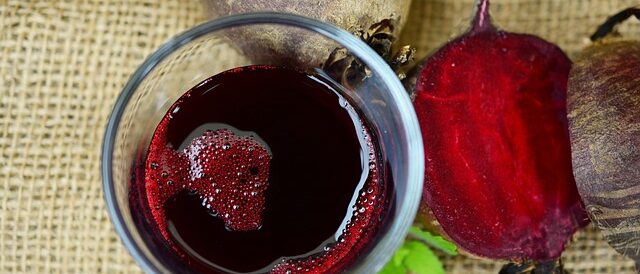SIBO (Small Intestinal Bacteria Overgrowth)
by Lydia Irving
My main focus as a practitioner (and human being) is the digestive system – the gut. The gut is the center of health, it is where most of our immune system resides, where we turn food into nutrients and where most of the 100 000 trillion microbes inhabit our body. The digestive system is so essential to our health and wellbeing that when health issues of any nature arise this is the major area to investigate. Small Intestinal Bacterial Overgrowth (SIBO) is a condition whereby excessive numbers of microbes inhabit the small intestine causing impaired digestive function that can have detrimental and uncomfortable symptoms.
As a human being we are only 10% human DNA; the microbes (these include bacteria, parasite, fungi, yeasts and more!) in our bodies make up 90% of us, genetically speaking! These microbes that inhabit us are referred to as our microbiome or biome and they certainly don’t stay quiet and keep to themselves. Our microbiome totally affects all aspects of our health including mood, skin health, digestive function and physical wellbeing. These microbes function optimally and helpfully when kept in balance by each other. Therefore diversity of various microbial species is key. Furthermore, these microbes are to inhabit the last section of your large intestine, the very last stage of digestion before waste leaves your body. This means they are to digest what you cannot digest chemically or mechanically after your guts have given it a good go.
However, there has been clinical prevalence of large numbers of microbes making homes for themselves in the small intestine. Now the small intestine is where the body absorbs most of the nutrients from foods. If there are more microbes than the desired amount (being around 10,000 microbes) they will impair nutrient absorption by eating our food and stealing our nutrients. In addition, they also release various neurotoxins (chemicals toxic to nerves) that affect our mood, release gases that cause us to bloat, increase the permeability of the digestive tract (causing Leaky Gut Syndrome) and cause inflammation in the small intestine reducing the large surface area of the small intestinal walls, and so stopping us absorbing our foods effectively.
Now how does this happen? What causes microbes to move from the large intestine, where they are helping us, to move into our small intestine, where they are harming us? Well, this is where diet and lifestyle come into play. Basically, the microbes find a new home thanks to us providing food and a comfortable environment for them to stay. A cause may be undigested food making its way into the small intestine in a form that is inadequately processed. But what is occurring inside and outside your body to cause undigested foods to get all the way down to the small intestine when they should have been totally broken down in the stomach? Well, the cause is always unique, but here are some aggravating factors
- Food Intolerances
- Low stomach (hydrochloric) acid
- Diet high in refined foods and sugar
- Stress (whether that’s emotional, physical or chemical)
- Improperly prepared foods
While there is a lot of information about SIBO available out there, you have to accept that you are a unique individual and that no set protocol will necessarily work for you. This is why it is important to gain an understanding of what is occurring inside YOUR body and gain control on over your health before it takes control of you. However, increasing microbial diversity in your gut is often a good place to start. This includes consuming more prebiotic (feed the good microbes) and probiotic (contain good microbes) foods.
Here is a beetroot kvass recipe. Kvass is a traditional probiotic drink from Russia. This drink has many medicinal qualities and is a great digestive aid. One shot morning and night is an excellent blood tonic, promotes regularity, cleanses the liver, and great for the kidneys.
Beet Kvass
3 medium or 2 large organic beetroots, peeled and chopped up coarsely
1 tablespoon sea salt
Filtered water (filtered essential as chlorine in tap water will kill probiotics. Otherwise boil water and let cool to remove chlorine)
Place beets and salt into a glass jar. Fill up with filtered water, sir well and cover securely with lid. Keep at room temperature for 2 days. Then strain out the beetroot pieces to consume the liquid.
Optional, take liquid out from beetroot pieces and pour into air tight container and leave at room temperature for 1 day before consuming. This will make it fizzy!
Check out this article on how to love your guts https://spectrumchiropractic.com.au/how-to-love-your-guts/
Image by congerdesign from Pixabay

